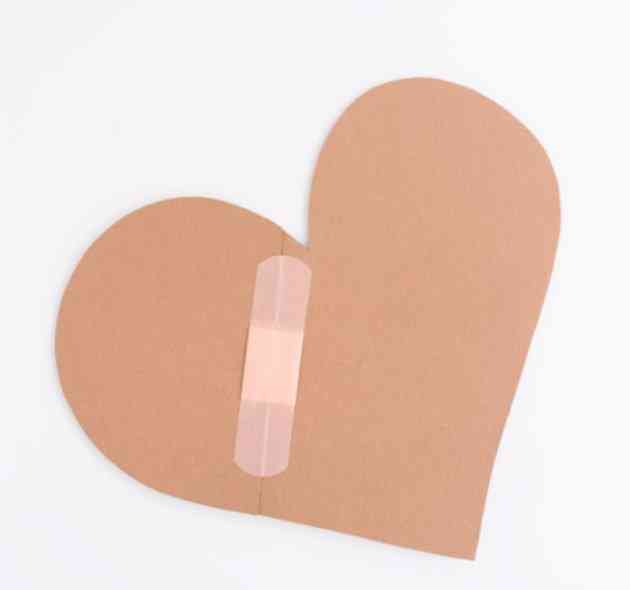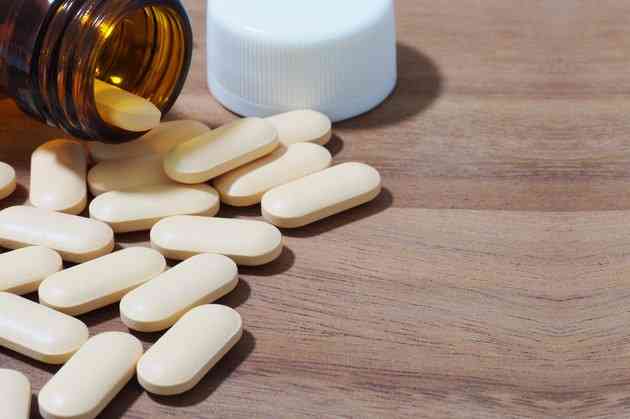The Best Vitamins for 24 Year Old Women

As a health conscious woman, you know you need a variety of vitamins throughout your life to keep your body functioning at top level. As a 24-year-old, your vitamin needs have changed since you were a teen. If you're pregnant or breastfeeding, you'll need to increase your intake of certain vitamins.
 A healthy woman in her 20's eats an apple as she works at her desk. (Image: Digital Vision./Photodisc/Getty Images)
A healthy woman in her 20's eats an apple as she works at her desk. (Image: Digital Vision./Photodisc/Getty Images)B Vitamins
All of the B vitamins are important to your health but the essential ones are B6, or pyridoxine, B12 and folic acid or folate, since they play a direct role in brain and central nervous system functioning, the formulation of red blood cells and building DNA.
According to the daily Dietary Reference Intakes, DRIs, established by the Institute of Medicine, women ages 19 to 30 should aim for 1.3mg of B6 a day, 2.4 ug/day of B12, and 400 ug/day of folic acid.
Antioxidants
Antioxidant vitamins, including A, C and E, help protect cells from free radicals - unstable molecules - that our bodies produce and which can be destructive to cell membranes and other cell structures.
Vitamin A, or retinol, helps build and strengthen bones, skin, soft tissue, and mucous membranes. If you want healthy skin and hair you'll want to make sure you're getting enough of this vitamin.
Not only does vitamin C helps maintain healthy teeth and gums and aid iron absorption, it also helps you stay alert and boost concentration. The DRI of vitamin C, ascorbic acid, for a woman in her mid-20s is 75mg daily. Stress is know to deplete vitamin C so if you're under a lot of stress, vitamin C is especially important.
Vitamin E, or tocopherol, is needed for red blood cell formation and healthy cell membranes. Vitamin E can also slow body aging. The DRI for a woman in her 20s is 15mg daily.
Vitamin D
Vitamin D helps the body activate and absorb calcium and phosphorus. Both of these minerals are necessary for healthy bones and teeth. Vitamin D also helps maintain hormonal balance and a healthy immune system. The DRI for vitamin is 5 ug/day.
During Pregnancy
During pregnancy and while breast-feeding, women need to increase their intake of vitamin A to 770mcg daily and lactating women should increase their vitamin A to 1,300mcg a day.
The DRI for vitamin B6 during pregnancy is 1.9mcg and 2mcg while breastfeeding. Keep in mind that vitamin B6 also helps prevent morning sickness. Folic acid is crucial during pregnancy because it reduces the risk of serious birthdefects of the brain and spine. According to the Institute of Medicine, a pregnant woman should take 600mcg of folate daily.
Pregnant women should increase their daily intake of vitamin C to between 80 and 85mcg in their daily diet.
During pregnancy you have to care for your developing baby's bones and teeth as well as your own. The National Osteoporosis Foundation recommends that pregnant and nursing women consume between 400 and 800 international units of vitamin D daily.
Sources of Vitamins
You can generally reach your essential vitamin targets by eating at least five servings of fruits and vegetables a day. The National Institutes of Health recommends that if you are a vegetarian you may need to take a vitamin B12 supplement. You should always talk with your doctor before taking any supplement to find out if you really need it, and if so, how much you should take.




